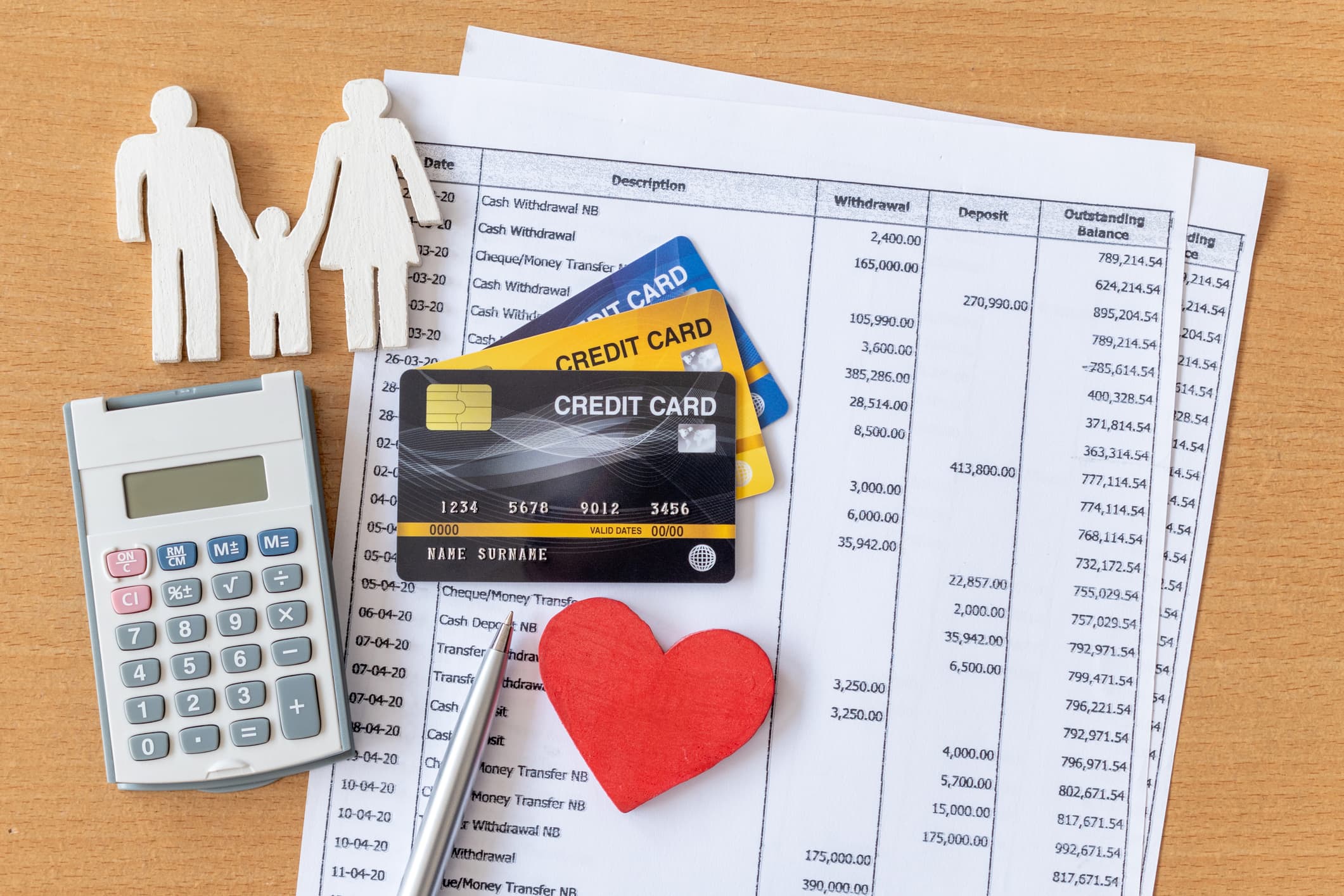Many Americans are struggling to meet their credit card mills during the pandemic.
zenstock | iStock | Getty Images
Amid one of the worst downturns in U.S. history, nearly 80% of credit card holders say they’re worried they won’t be able to continue making even the minimum payments on their debt.
The figure comes from a survey by CreditCards.com, which found millennial card holders (91%) are most at risk of missing payments. Meanwhile, 1 in 4 people say the pandemic has pushed them to take on more credit card debt.
Most of the relief measures delivered to Americans in the first stimulus package have dried up, even as the coronavirus pandemic shows no sign of abating. The unemployment rate is still above 10%, higher than at any point during the Great Recession.
More than 60% of the survey respondents said they may not be able to make their minimum payments if they can’t return to work. ”It’s tough news to hear,” said Ted Rossman, an analyst at CreditCards.com.
Issuers have responded to the pandemic by creating programs to assist customers during this time.
Julie Sherrier
senior managing editor at LendingTree
The average U.S. household has around $5,700 in credit card debt, with a minimum payment of around $133, Rossman said.
Depending on your situation, you might not be able to address any of your credit cards right now. Your rent or mortgage may need to come first.
“If it’s a house, you could lose the roof over your head,” said Bruce McClary, a spokesman for the National Foundation for Credit Counseling.
Still, if you don’t believe you’ll be able to make a minimum payment on a credit card, your first move should be to reach out to your issuer, said Julie Sherrier, senior managing editor at LendingTree. (The issuer’s phone number is often on the back of your card.)
“Issuers have responded to the pandemic by creating programs to assist customers during this time,” Sherrier said. “However, it’s up to the customer to reach out and ask for help.”
Apple Card is allowing certain consumers to defer payments without interest accruing, Rossman said. Other banks have their own hardship programs you can apply to. It can be helpful to explain your situation to your issuer, experts say. Maybe you’ve lost a job, but are looking for work or expect to start receiving unemployment benefits soon.
A card issuer may allow you to pay less than your minimum payment. Whatever agreement you make, be sure to get something in writing from the bank that details the terms.
If you expect your payment troubles to persist, your best bet may be to locate a financial counselor at the National Foundation of Credit Counselling.
More from Invest in You:
The 3 moves to make just after you’ve been laid off
Hurting without $600 unemployment boost? 5 money moves to make now
39% of younger millennials will move home amid Covid-19 recession
“They’ll help you develop a plan to tackle your debt challenges,” McClary said. A counselor can help you devise a budget, which will help you see where you might transfer some money from to your debt.
In some cases, a counselor will reach out to your creditors on your behalf or give you strategies to get the most relief.
Generally, McClary said, people with multiple credit cards want to prioritize their larger balances.
That’s because those accounts, “if they were to fall into delinquency, would have a much bigger impact on your credit score.”
SIGN UP: Money 101 is an 8-week learning course to financial freedom, delivered weekly to your inbox.
CHECK OUT: Refinancing my mortgage would save me $14,000 in interest, I was told: Here’s why I didn’t do it via Grow with Acorns+CNBC.
Disclosure: NBCUniversal and Comcast Ventures are investors in Acorns.
